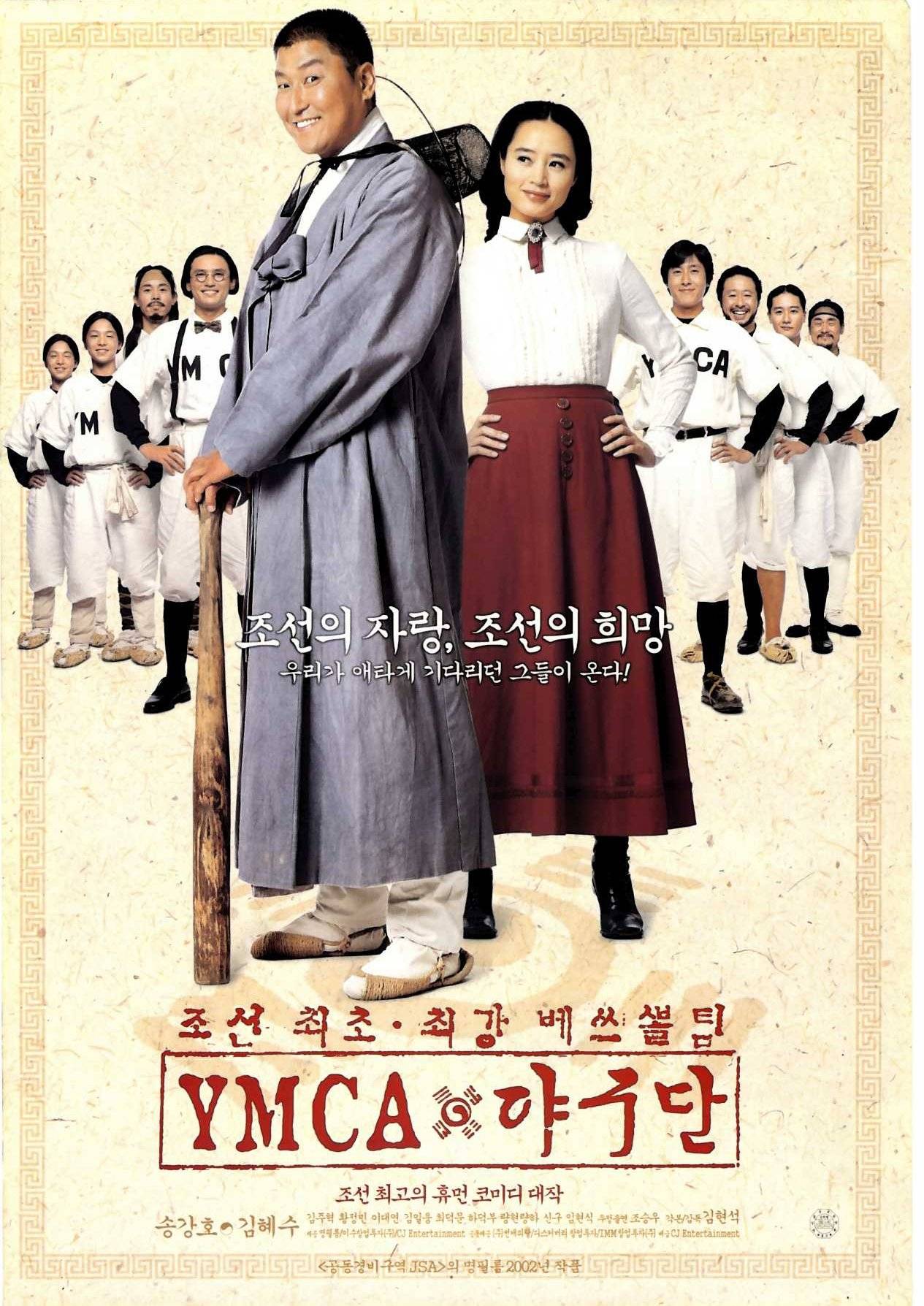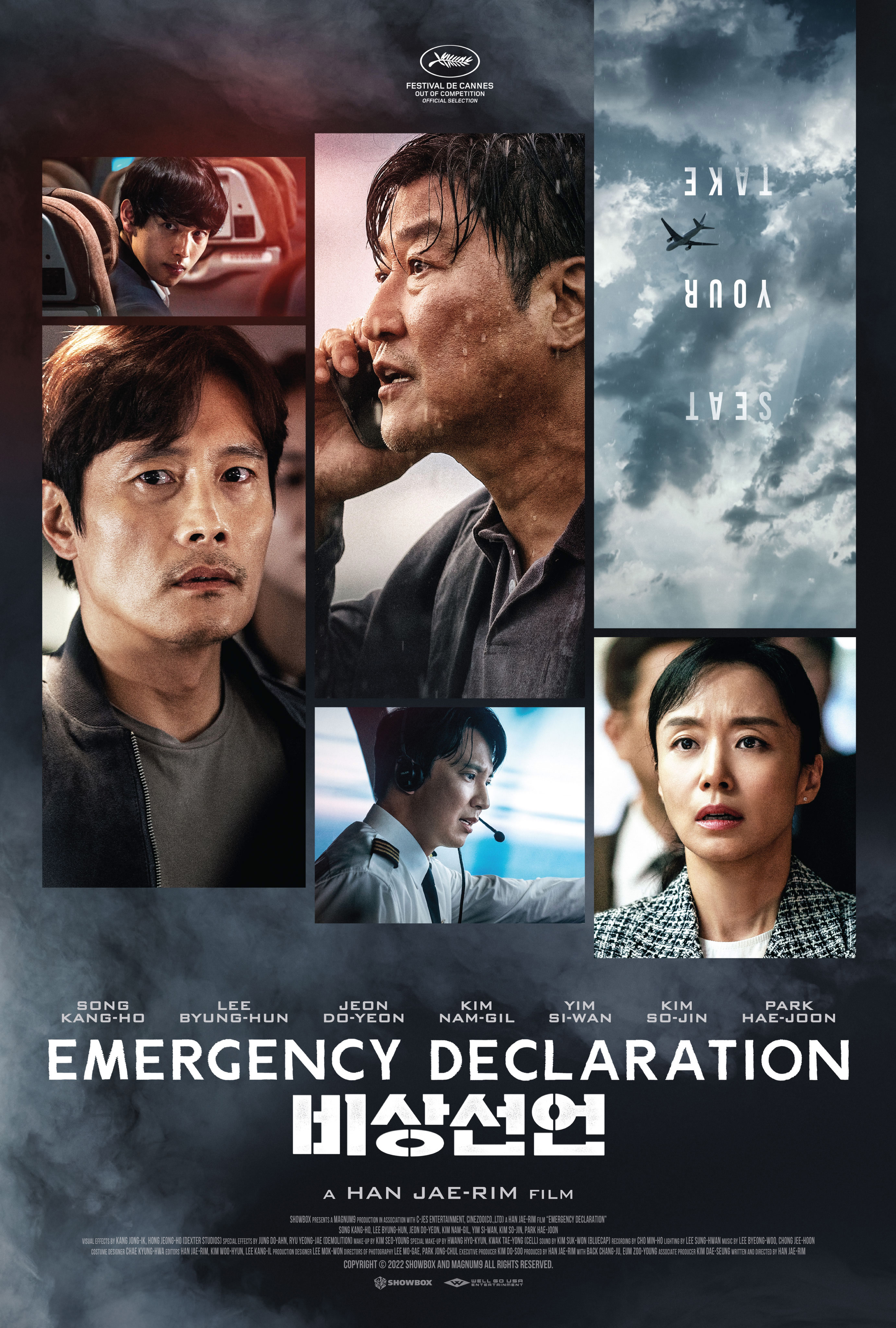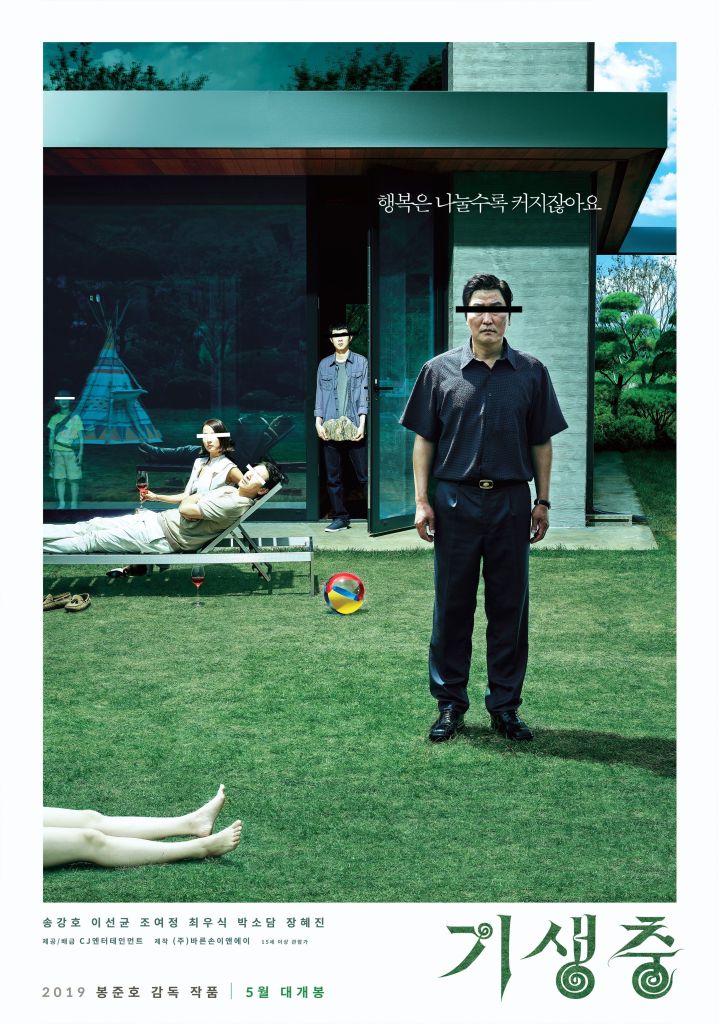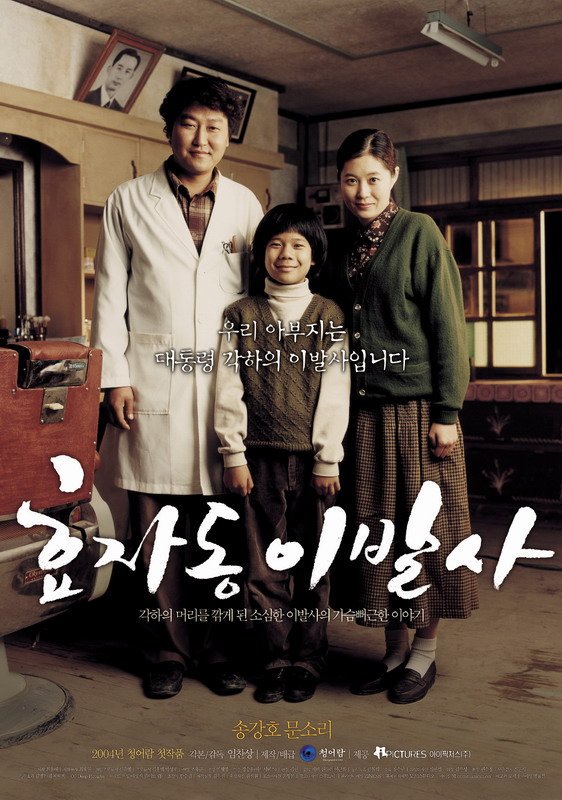
Wouldn’t it be nice to win just once? Eccentric chaebol son Jung-won (Park Jeong-min) waves the opportunity of victory under unsuccessful coach Woo-jin’s nose full knowing his unfortunate life of personal failures. In fact, this is why he’s hired him. Jung-won’s end goal is to engineer an underdog narrative in which the failing women’s professional volleyball team he’s just bought for a song can become a sensation led by a coach equally in need of redemption.
In Shin Yeon-shick’s One Win (1승, 1seung), the battle is against more against defeatism than anything else as Woo-jin (Song Kang-ho) and the team members first have to believe in the possibility of victory. Woo-jin is struggling to get over a sense of betrayal after his high school volleyball coach whom he idolised, Moon, who abandoned him during the quarter-finals having been offered a better job. Now he’s contemplating doing the same thing. Despite never having made much of himself either as a volleyball player, Woo-jin wasn’t keen to take this job and is convinced only by his friend’s assurances that he’ll set him up with a gig coaching the university team and this experience with a professional outfit will look good on his CV.
Then again, no one expects much of this team and even Jung-won’s ultimate goal is only for them to score one win by the end of the season. Famously faddy, a former communist rejecting his wealth and privileged scion turned spendthrift influencer, Jung-won is running the team like reality a show by constructing a narrative around them. If they get the one win, he’ll split two million dollars between the season ticket holders. This allows him to charge extortionate fees by dangling the possibility of a big payout and leveraging the drama of the team’s unlikely win.
The problem is that the previous manager traded off most of their top players, assuming the team wouldn’t find a buyer and would have to be closed down. This has understandably created some resentment with those left behind feeling both betrayed and undervalued. There is discord among the players struggling to deal with the fallout. Intent on reclaiming past glories, the team had revolved around star player Yu-ra who had been, it seems, a mean girl bully. The other players don’t miss her even if they acknowledge they don’t otherwise have a team and now reject fellow team member Min-hee for having gone along with her abuse of them. Many of them haven’t had a real opportunity to play in years and are struggling to pick up the pace.
Woo-jin too doesn’t quite know how to use them and only later realises that he needs to change things up to make use of their true strengths and weaknesses. The first thing he does is to tell off the fan contingent who make everything worse by shouting at the team after every match to complain about their poor performance, further denting their confidence. In learning how to use new technology, Woo-jin knows that he shouldn’t just study the other teams but his own too so he can make use not only of their strengths and weaknesses , but of how their rivals will attempt to use them too.
Nevertheless, their eventual victory can’t help but feel a little hollow given the lack of emotional investment in the players while even Woo-jin’s relationship with his sportswriter ex wife and earnest daughter is given fairly short shrift. Most of the women have some reason they’ve ended up on this “losing” team from the scary gangster player another team was only too glad to get rid of, to another recently returned from suspension, and the captain who is already 40 years old never having made the starting lineup. Their problem was, it seems, a lack of belief in themselves which Woo-jin begins to return to them while they begin to figure out how to work as a team by putting their disagreements behind them. They just need this one win to show them that they can in order to light the way to a more fulfilling future no longer defined by defeatism but a new hope for the future in which they can not only achieve their sporting goals but their purse their lives with hope and positivity.
Trailer (English subtitles)



















